Known to be the homage to 147 mammal species, the Kruger Wildlife Park, South Africa, is one of the most mesmerizing wildlife parks in South Africa – isn’t that the ultimate reason you are here reading about it?
Located in northeastern South Africa, the elephants are seen stomping the road, and giraffes take strolls on the road while buffaloes roam around with their curling horns and meaty bodies.
Kruger Wildlife Park spans over 7,580 miles that’s home to 145 mammal species and 500 bird species.
This is basically a wildlife reserve and should be a must-visit place if you want to catch a glimpse of the wildness of Africa. So, with this article, we are sharing so much more that’s not known to anyone!
Where To Find Kruger Wildlife Park.
Below, you can see a picture of a part of South Africa. Just click on it to see where the park is located, which is on the Northeast side of the country.
History Of Kruger Wildlife Park
This is a national park and was first known as the Sabi Game Reserve. The park was founded by Paul Kruger back in 1898, who was on a mission to protect the animals.
However, his dream came into existence when the National Parks Act was passed in 1926. For this purpose, Shingwedzi Game Reserve and Sabi Game Reserve were curated together to create the national park. Every year, more than 950,000 people visit this park.
The park holds 1,500 miles of roads, so you can explore the goodness of this wildlife park, which is apparently bigger than Israel. However, there are safari guides available for people who like to play it formally.
Have a look at this video of a travel guide to this wonderful park:
The Right Time To Visit The Kruger National Park
Ranging from May to September, these are the dry winter months in the region and are considered the best time to visit this park.
This is because the bushes thin out during these months, which makes it easier to spot the wildlife.
However, September is a perfect time for people who cannot handle the cold because the mornings and nights are less chilly.
As far as the wet season of October to April is concerned, you can visit during this time if you want to check out the beauty of lush greens.
In addition, this is the time when many animals start having babies, so you can check out the cute baby animals.
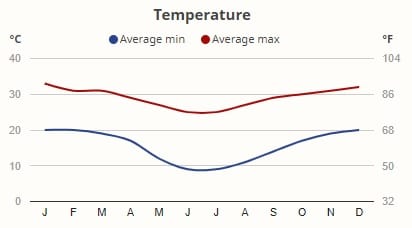
The average temperature in Kruger Park varies from a minimum of 20° degrees to about 35° degrees in summer and between 9° to 25° degrees in winter (average).
On top of everything, there will be hundreds of migratory birds, but you must remember about the humid and muggy days.
Visiting The Kruger National Park
If you are traveling from an international country, taking a flight is the most convenient choice.
For this purpose, there are four different airports, including the Kruger Mpumalanga International Airpot, Hendrik Van Eck Airport, Hoedspruit Airport, and Skukuza Airport.
However, these are all international airports, and you’ve to take a 1.5-hour flight to reach the airstrips closer to the Kruger National Park.
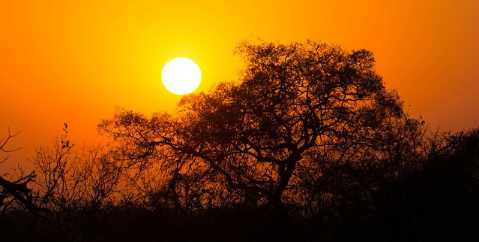
In addition, it is possible to rent a car and drive to Kruger National Park directly from Johannesburg, particularly if you want to enjoy it on your own.
The complete drive will be over five to seven hours, but there will be utmost freedom of stopping to capture the beauty of natural attractions – what could be possibly better than this?
To enter the National Park, you need to pay a fee :
- Citizens and Residents pay R110 per adult per day, and R55 per child per day.
- SADC Nationals pay R220 per adult per day, and R110 per child per day.
- Standard Conservation Fee (International Visitors), pay R440 per adult per day and R220 per child per day.
Staying In Kruger National Park
Depending on the sort of experience you are hoping for, there are various options for staying.
For instance, there are camp-run accommodations, and every camp comes with its unique offerings, such as luxury lodges, safari tents, and basic campsites.
There are ten luxury safari lodges available, and these luxury places offer amazing meals.
Some of the private lodges include Sabi Sabi Bush Lodge, Mala Mala Main Camp, Skukuza Safari Lodge, and Londolozi Varty Camp.
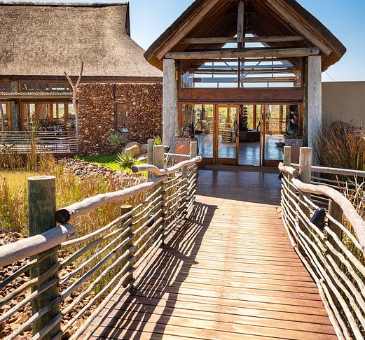
It’s best to stay at one lodge for two days at max, so you can enjoy the different experiences in different lodges. All in all, whichever lodge you stay at, don’t go out at night because there is wildlife around.
Medical Suggestions
Kruger National Park offers an epic safari experience, and getting sick should be the last thing on your mind.
There are various clinics and hospitals around, so having travel medical insurance will always be in your favor.
There are various areas in the park where malarial mosquitos are readily found, which is why you should get pack some anti-malarial drugs.
Furthermore, please check out everything you need for your health in South Africa.
Also, it’s safe to drink fresh water, but you can purchase bottled water from the hotels and lodges to be on the safer side.
Lastly, be careful about HIV because it’s still a great concern in the country.
The Wildlife in Kruger National Park.
The renowned Kruger National Park is one of the best places in South Africa to see wildlife in their natural environment
Of course, you can find the Big Five in Kruger, but there are so much more animals that will cross your path during a game drive or a guided tour.
Beware: when you drive your car through the park, please drive slowly! Because unfortunately, there are still many animals dying from speeding drivers.
Plus, you will see more large and small animals when you adjust your speed!
Kruger is a home for 114 reptile species, 147 different mammal species, 227 butterfly species, and way over 500 bird species.
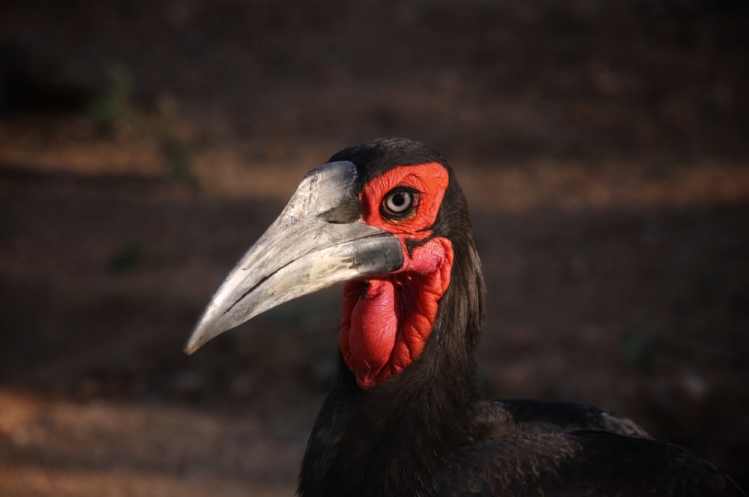
I will get more into detail on the animals of South Africa and especially Kruger Park, but let’s give a small list already.
1. Mammals in Kruger:

- African Elephant
- African Wild dog
- Baboon
- Buffalo
- Burchell’s zebra
- spotted hyena
- giraffe
- wildebeest
- impala
- cheetah
- cape buffalo
- crocodile
- lion
- hartenbeest
- leopard
- hippopotamus
- sable antelope
- porcupine
- tiger genet
- waterbuck
- wildcat
- white rhinoceros
- warthog
- zebra mongoose
- black rhinoceros
- black footed cat
- so much more…
2. Birds at Kruger Park
I could make another list of the birds of this park, but we will keep that for another blog post.
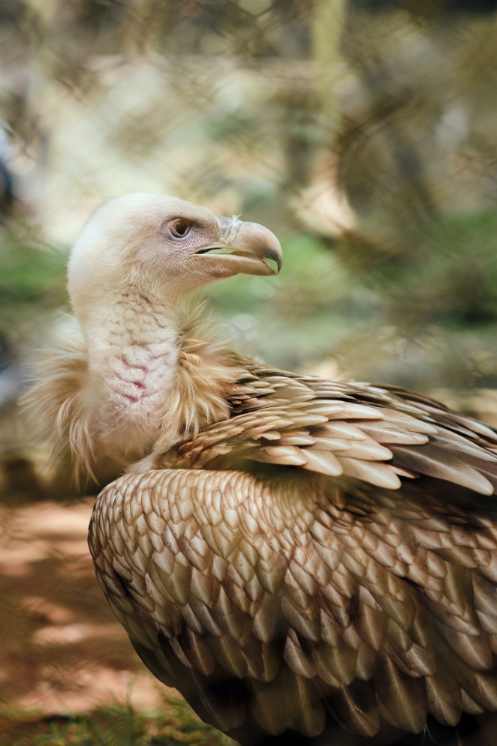
Because there are over 500 different bird species found in the most famous park of South Africa.
There is even an expression saying that there is a “big 6 of birds” in Kruger:
- Pel’s fishing owl
- The fighting eagle
- the white-headed vulture
- the saddle-billed stork
- and the Southern hornbill
3. Snakes
Just a small list of all the different snakes in Kruger:
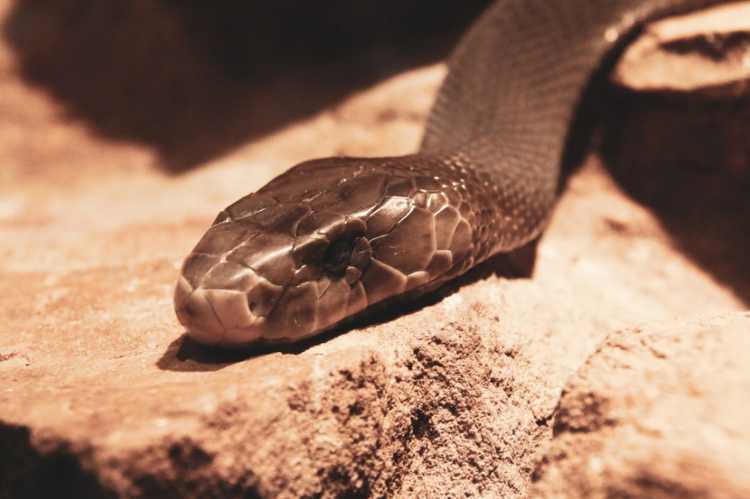
- The African cobra
- african house snake
- african rock python
- male tree snake
- Mozambican spitting cobra
- puff adder
- female tree snake
- black mamba
- weak jawed blind snake
- so much more..
These are ranging from highly venomous over non-venomous but dangerous, to non-venomous. So be careful!
Related article;
My Final Conclusion.
So, are you ready to enjoy the wildlife and be mesmerized by the bounties of nature?
I hope that you enjoyed this topic on Kruger wildlife park South Africa and I wish you happy travels!
Kind regards
Lizzy
I now have a YouTube channel as well!
YouTube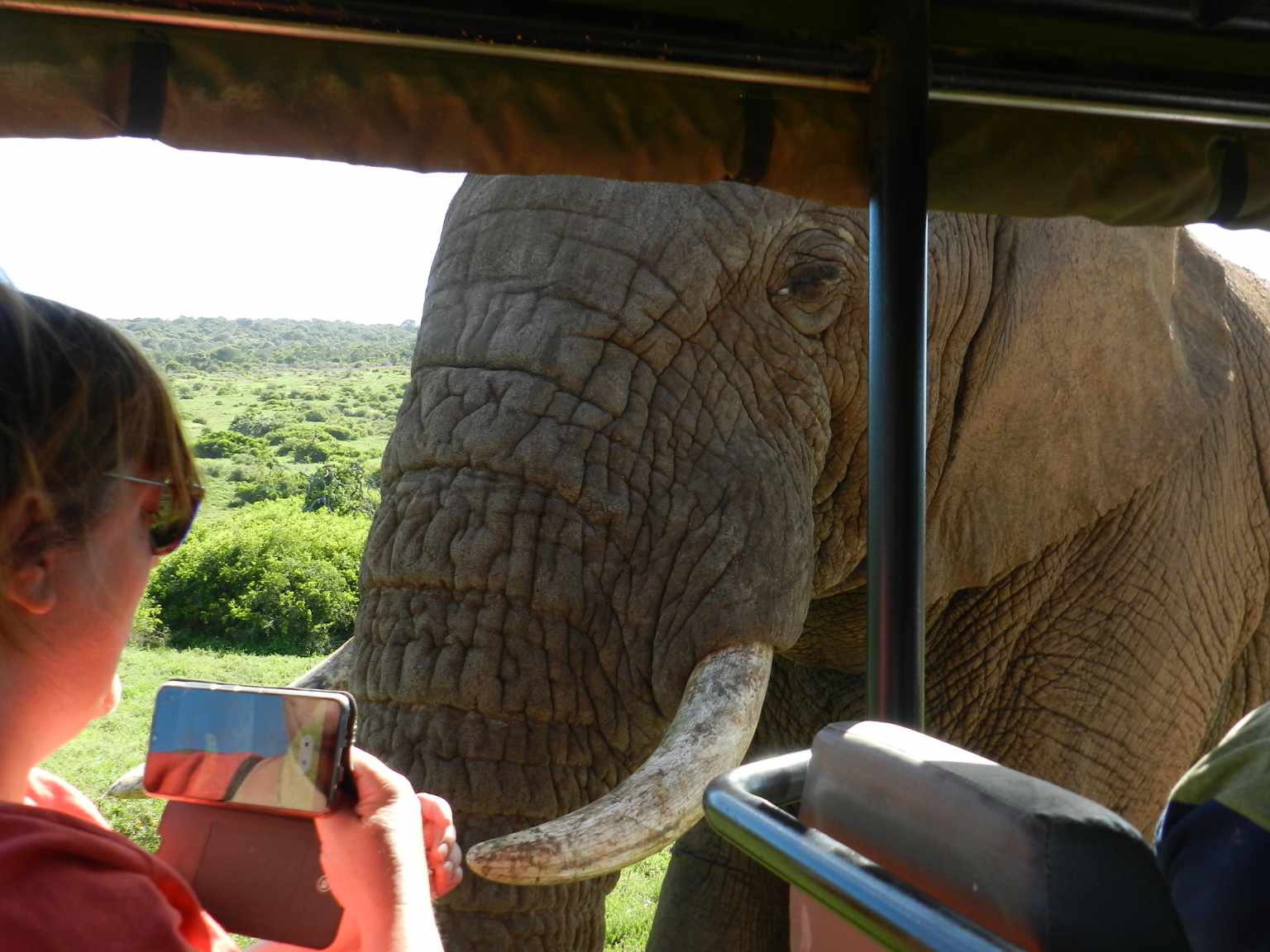
Hello Africa travellers!
Who am I? Well, the least you can say is that I am quite crazy about Africa, its nature, its climate, its culture, and more.
As a young woman in my twenties, I had already traveled to several African countries by traveling along in an overlander on my own and mostly camping ( or glamping ) and just fell in love with the diversity of it all.
So much, so that at the age of 26, I went back to university to study biology, which, unfortunately, I couldn’t finish because of health reasons (yes, I got sick from a tropical disease, oh cynicism). But this did not stop my dream of traveling back to Africa several times, and I still do.
My dream was back then to leave Europe and go study animal behavior, especially the elephants (sure, that’s every girl’s dream haha), but I am also very much intrigued by hyenas and other “ugly African animals“.
So, I “kind of” have a little bit of a scientific approach to my articles, when I write about African birds, for example. And most of all: the passion.
But life goes on, you move from one side of the country to the other, you get sick again and top it off with lower back problems, and before you know it, you are over 50 hahaha!
Now, I still travel to Africa, but take it a bit “easier” than the good old camping days, and stay in comfortable, yet affordable accommodations, together with my husband Wouter.
These are some of the countries I have traveled to: Kenya, Tanzania, Zanzibar, Malawi, Zambia, Zimbabwe, South Africa, Namibia, Botswana, Tunisia, and a little bit of Lesotho LOL .
While clearly not being African territory, but Spanish, I also visited Gran Canaria and Tenerife, and location-wise, I consider them “African”, because of their climate and nature, sue me :-p
The last trip I took was to South Africa in the year 2023, and it sure got the fevers for Africa back! From the Barberton mountains to the Drakensberg and the Southcoast, one month wasn’t enough at all to see the whole country, so we’ll be back! At ease and with a little bit more luxury than in my younger days haha!
I wish you happy travels!
Kind regards
Lizzy

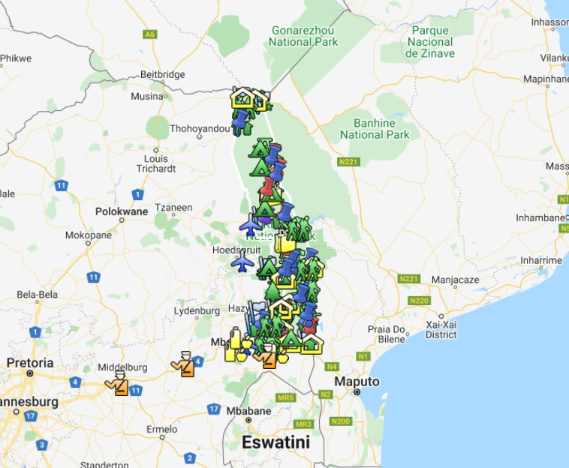
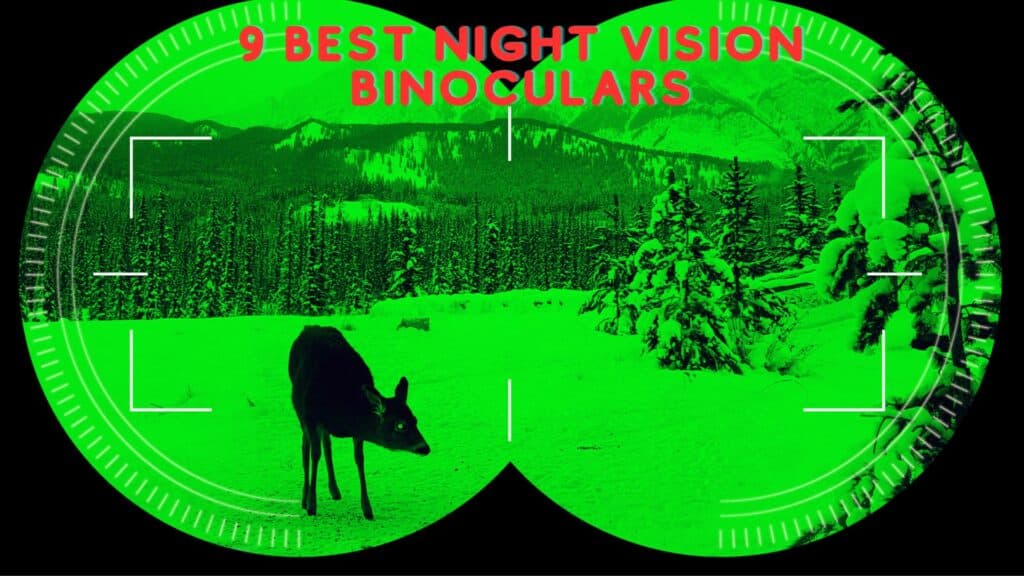
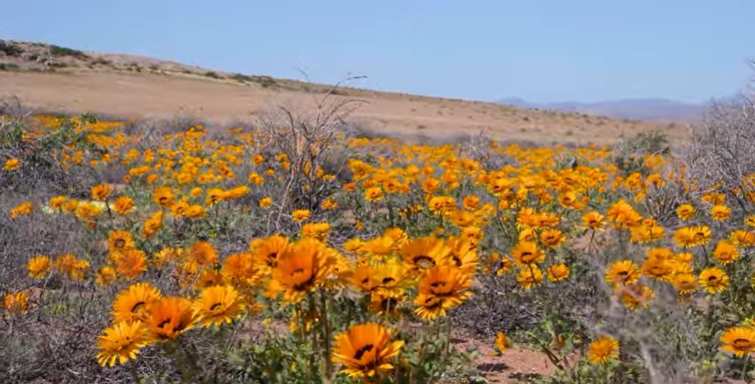
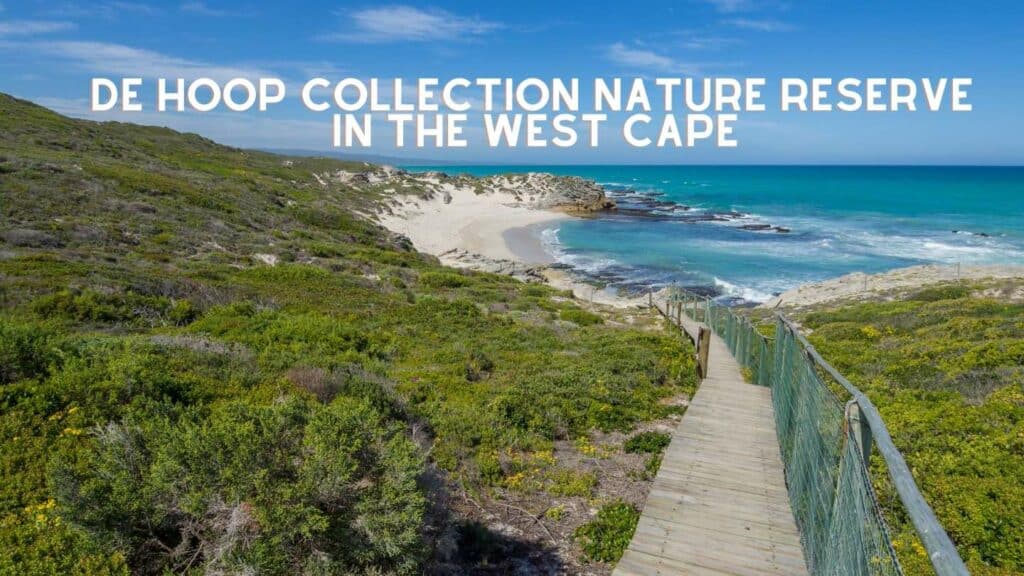
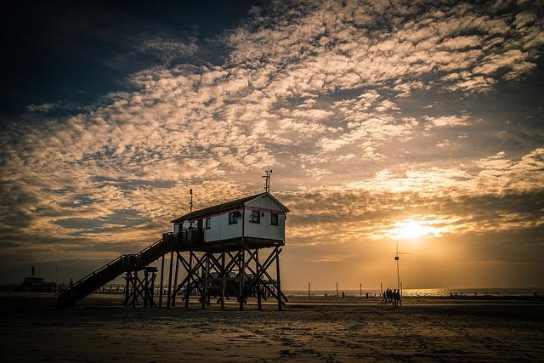
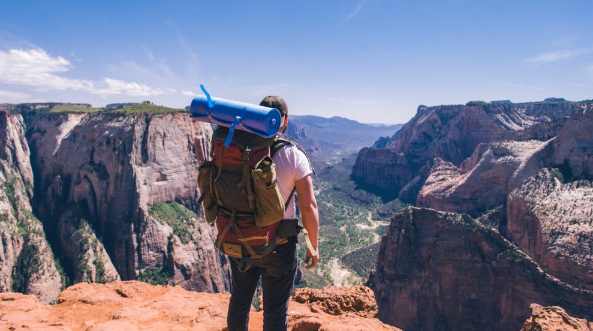
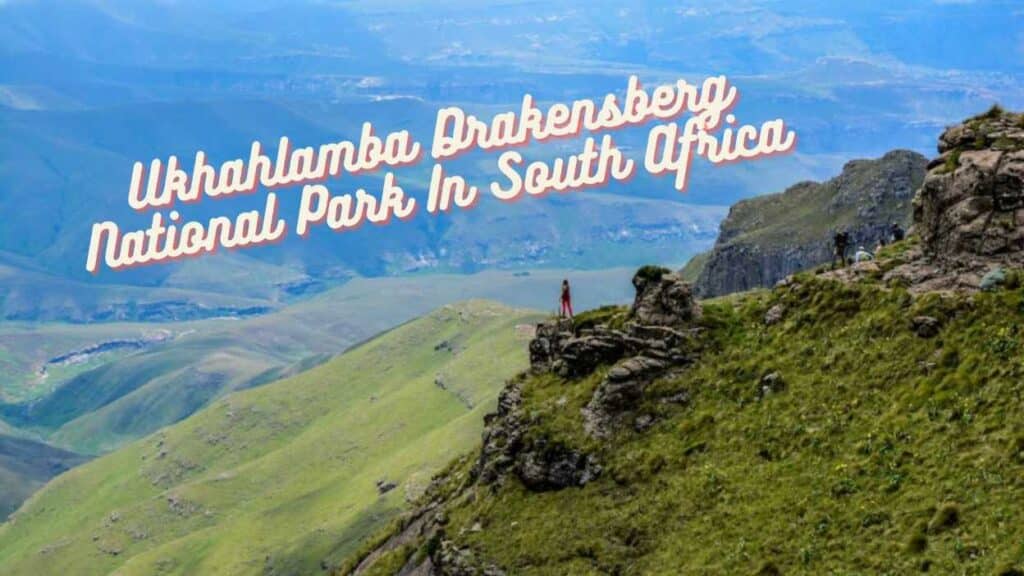
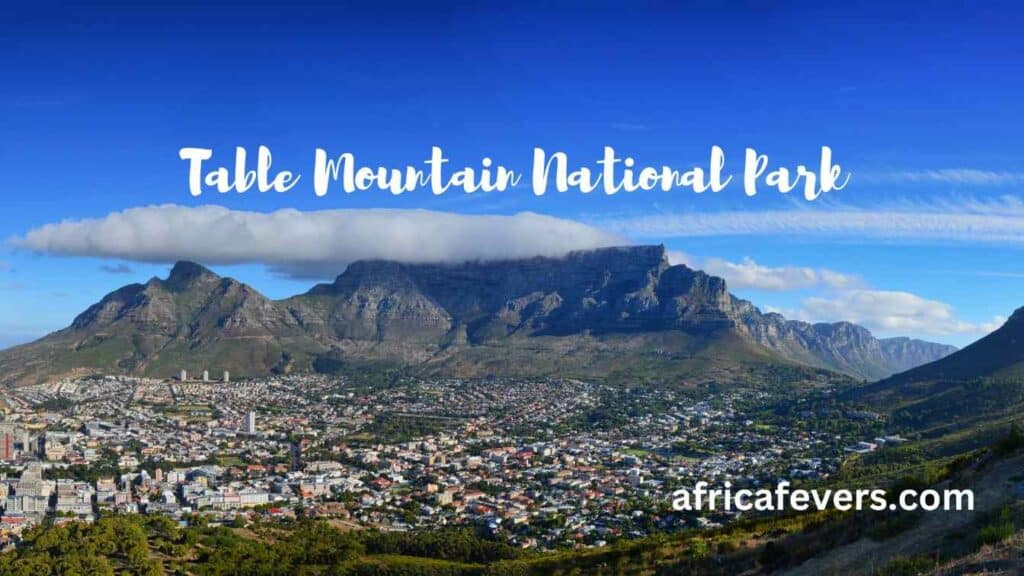
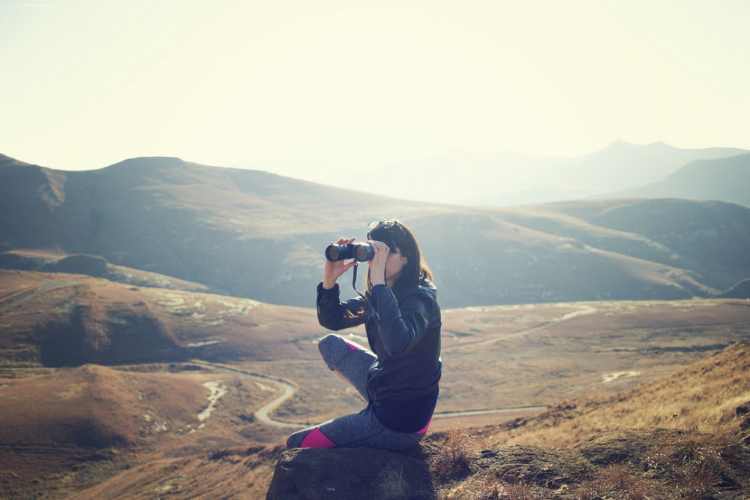
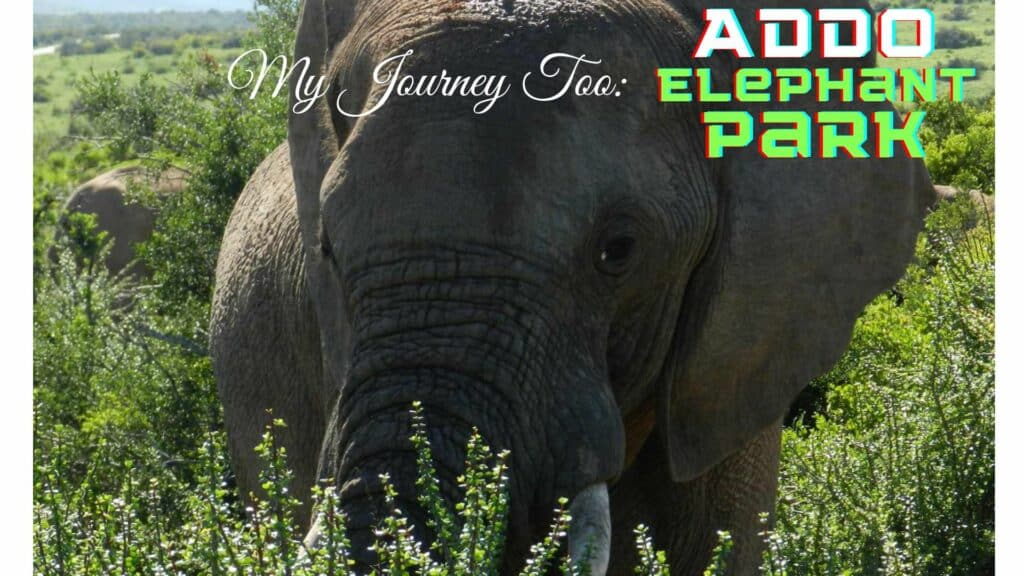
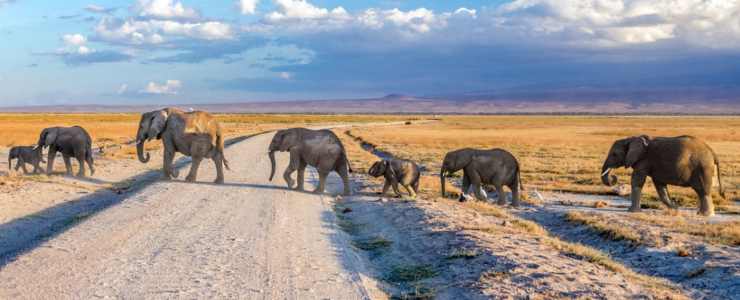
This is the first time I have heard about the Kruger Wildlife Park. This is an enormous park with so many different animal and bird species. Your images give an excellent conception of the immensity of the park as well as a greater understanding of it as well. I love the self-drive safari experience. Thanks for providing the travel and medical information as well. This sounds like a great trip and experience.
Hello!
I’m surprised that you have never heard of this famous national park Joseph, but there you go, you should definitely visit it whenever you are in South-Africa 😉
Happy travels!
Lizzy
Thank you for this thorough post. Since I began to see pictures of Kruger wildlife park, I fell in love with it. I want to go and also take my own pictures. I am a photographer and enjoy working with wildlife. So, I have kinda specialized myself in this niche. Thank you for giving us this list of mammals in Kruger.
Hi Abel!
I wish you lots of good pictures in Kruger park and most of all a very good time, enjoy!
Happy travels,
Lizzy